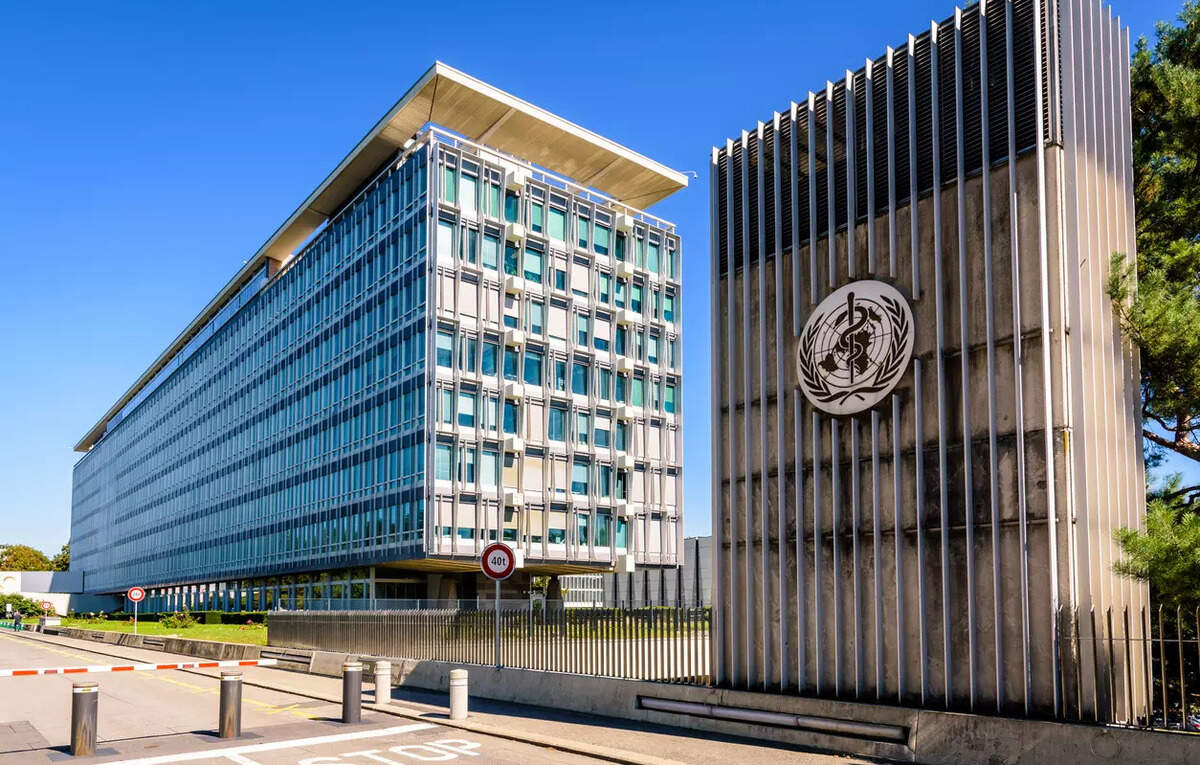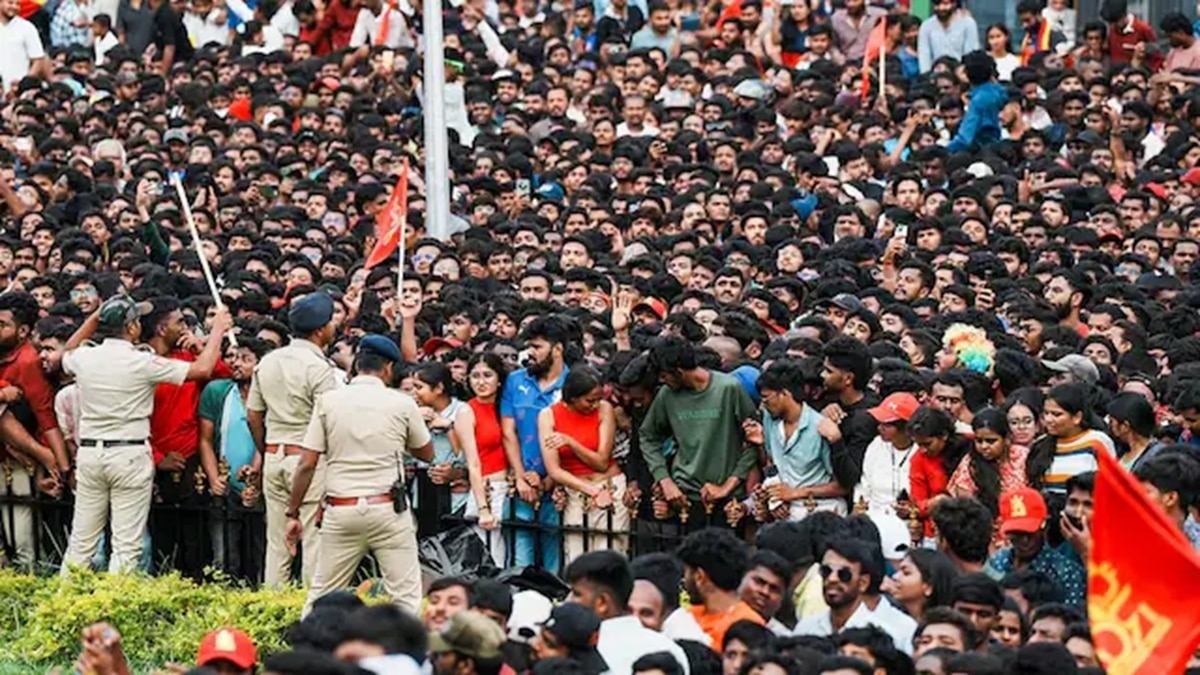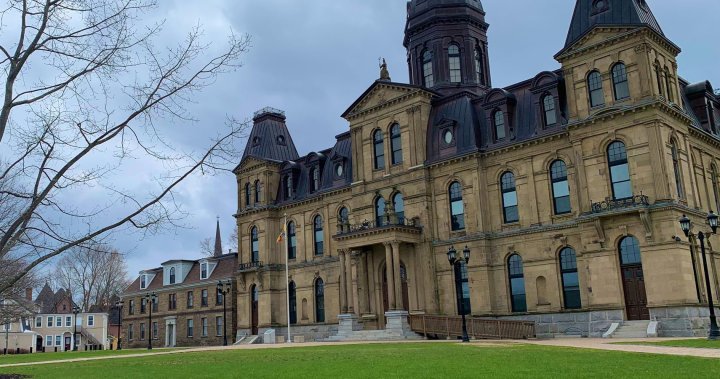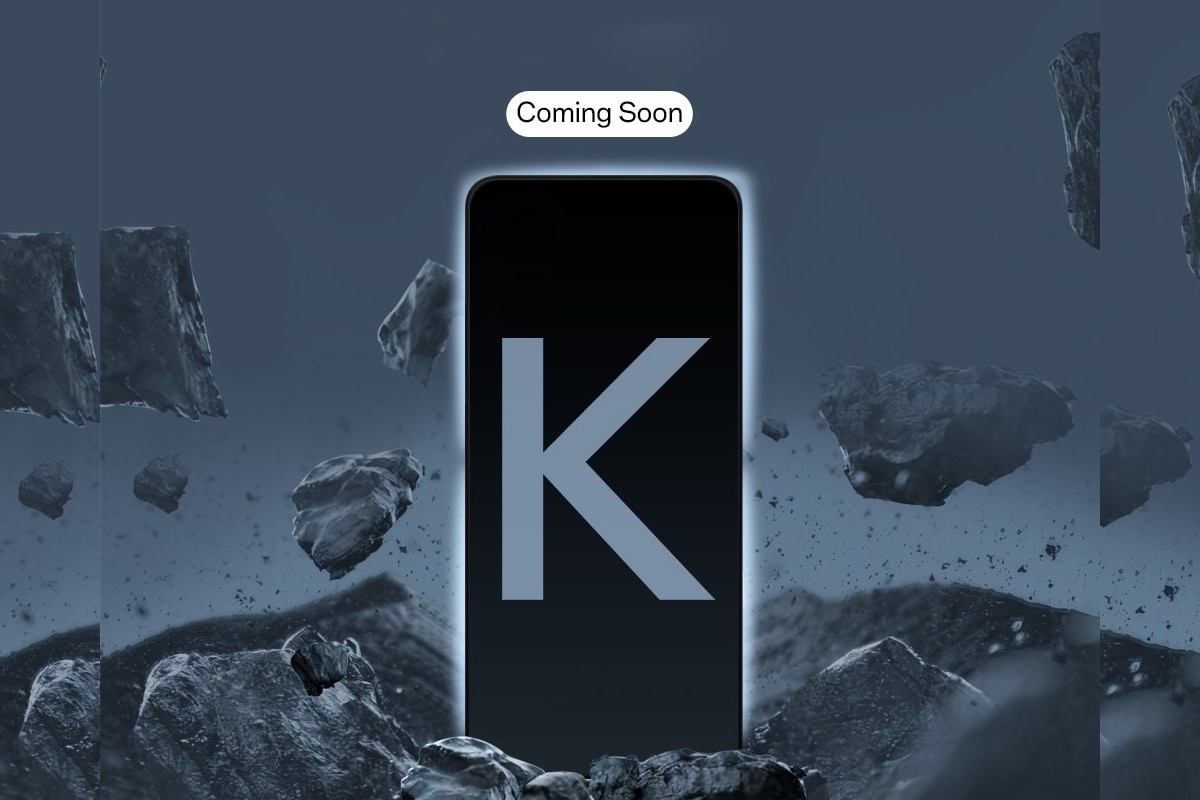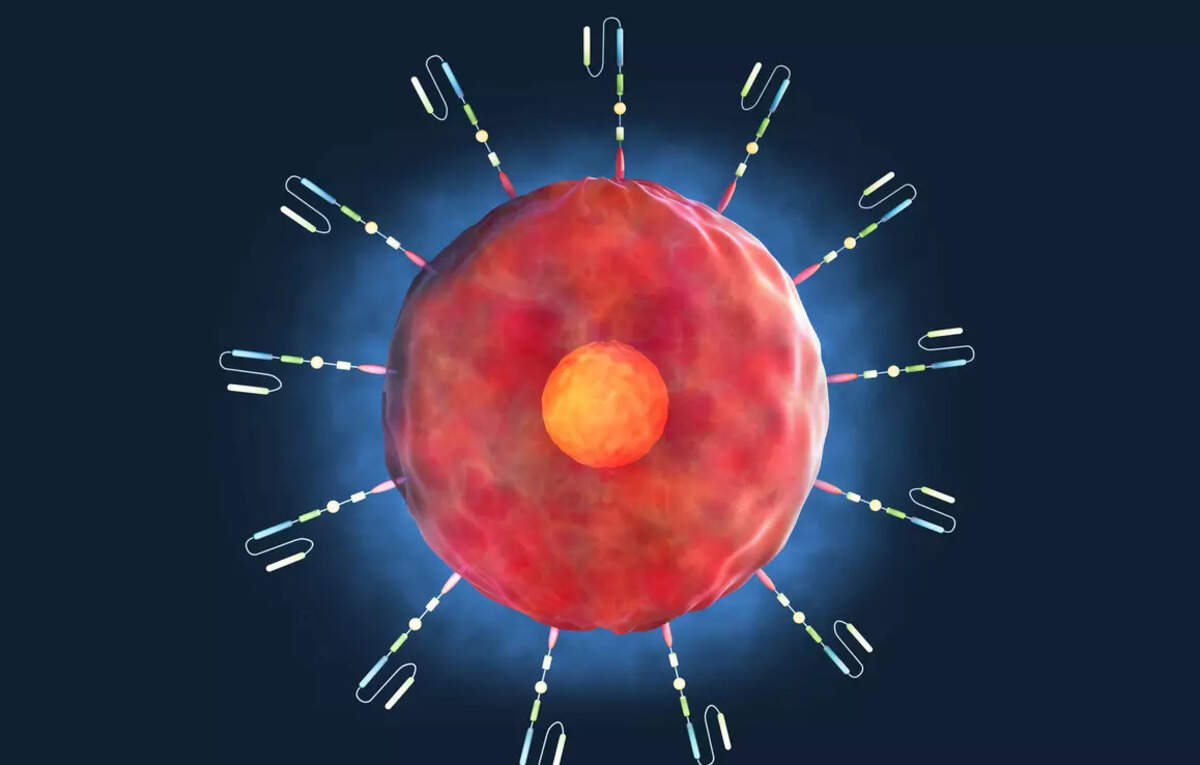
Breakthrough in Cancer Treatment: CAR T-Cell Therapy Shows Promise Against Gastric and Brain Tumors
======================================================
Image: A photo of a researcher in a lab, with a caption below
New Delhi: In a groundbreaking discovery, researchers have found that CAR T-cell therapy can be an effective treatment against gastric and brain tumors. The findings, presented at the annual meeting of the American Society of Clinical Oncology (ASCO) 2025, have been published in prestigious journals such as The Lancet and Nature Medicine.
What is CAR T-Cell Therapy?
CAR T-cell therapy is a type of immunotherapy that involves modifying a patient’s T-cells, a type of immune cell, to help fight cancer. This innovative treatment has shown significant promise in treating various types of cancer, including leukemia and lymphoma.
Gastric and Brain Tumors: A New Frontier for CAR T-Cell Therapy
In a phase 2 clinical trial, 156 patients with advanced gastric or gastro-oesophageal junction cancer were randomly assigned to receive either ‘satri-cel’ or an intervention of physician’s choice. Satri-cel, a CAR T-cell therapy, showed "encouraging activity" in phase 1 clinical trials in treating patients with advanced gastric or gastro-oesophageal junction cancer. The results of the phase 2 trial revealed that satri-cel was associated with a statistically significant increase in progression-free survival and clinically meaningful increase in overall survival compared with treatment of physician’s choice.
Key Findings:
- Satri-cel showed a manageable safety profile in patients with advanced gastric or gastro-oesophageal junction cancer
- The treatment was associated with a statistically significant increase in progression-free survival and overall survival
- This is the first randomized controlled study of a CAR T-cell therapy in solid tumors
In another study published in Nature Medicine, researchers from the University of Pennsylvania found that CAR T-cell therapy shows promise for slowing tumor growth in a notoriously aggressive and fast-growing brain cancer, glioblastoma. The phase 1 trial involved 18 patients with glioblastoma who received the treatment, and tumor regression occurred in eight of 13 patients (62%) with measurable disease.
Indian Researchers Make a Mark
In March, a CAR T-cell therapy indigenously developed by researchers from the Indian Institute of Technology-Bombay and Tata Memorial Hospital, Mumbai, showed a 73% response rate in patients with leukemia and lymphoma who either relapsed following a period of remission or were resistant to treatment. The results of the phase 1 and 2 clinical trials are published in The Lancet Haematology journal.
Join the Conversation
Stay updated with the latest news and insights on cancer treatment and research. Subscribe to our newsletter to get the latest updates and analysis.
Download the ETHealthworld App
Get real-time updates, save your favorite articles, and stay ahead of the curve. Download the ETHealthworld App now.
Published On Jun 2, 2025 at 03:44 PM IST
Content originally published by health.economictimes.indiatimes.com










